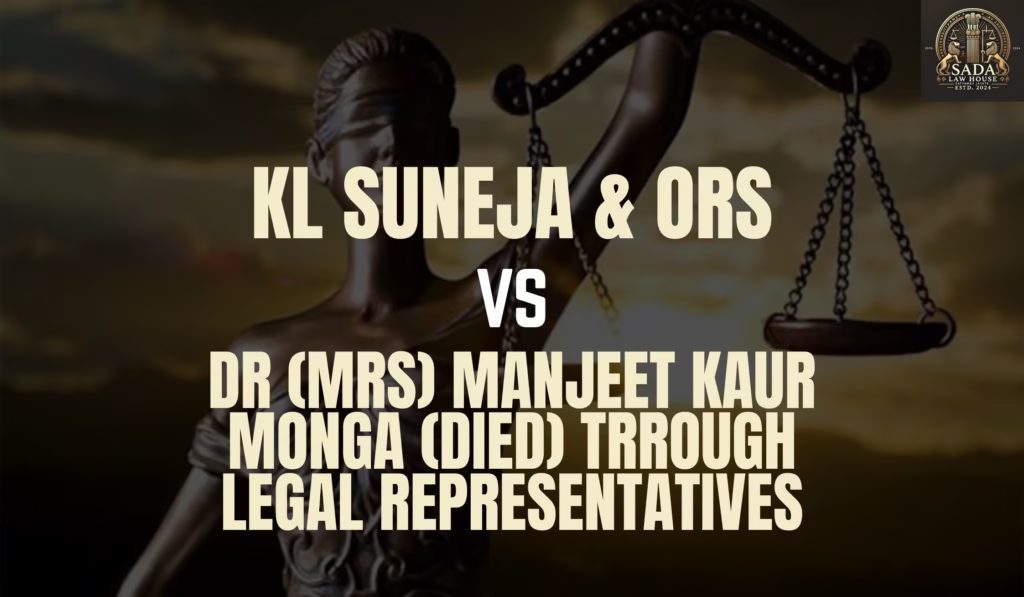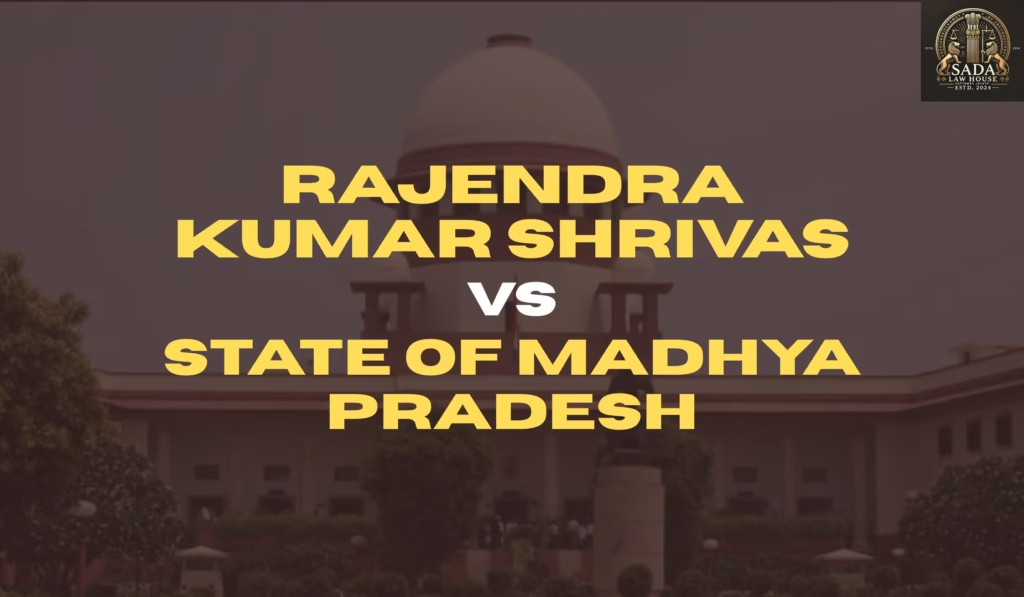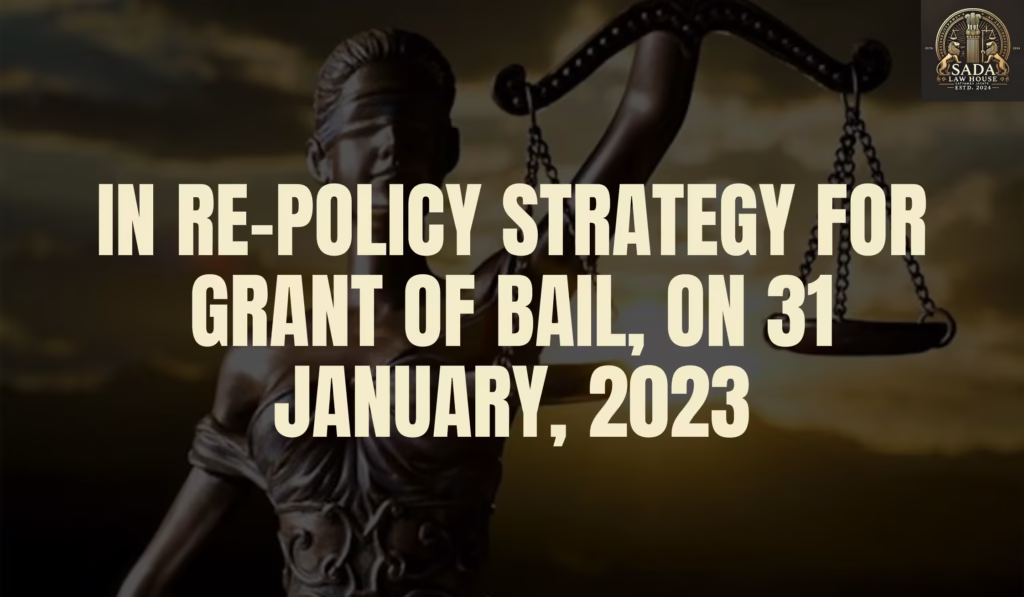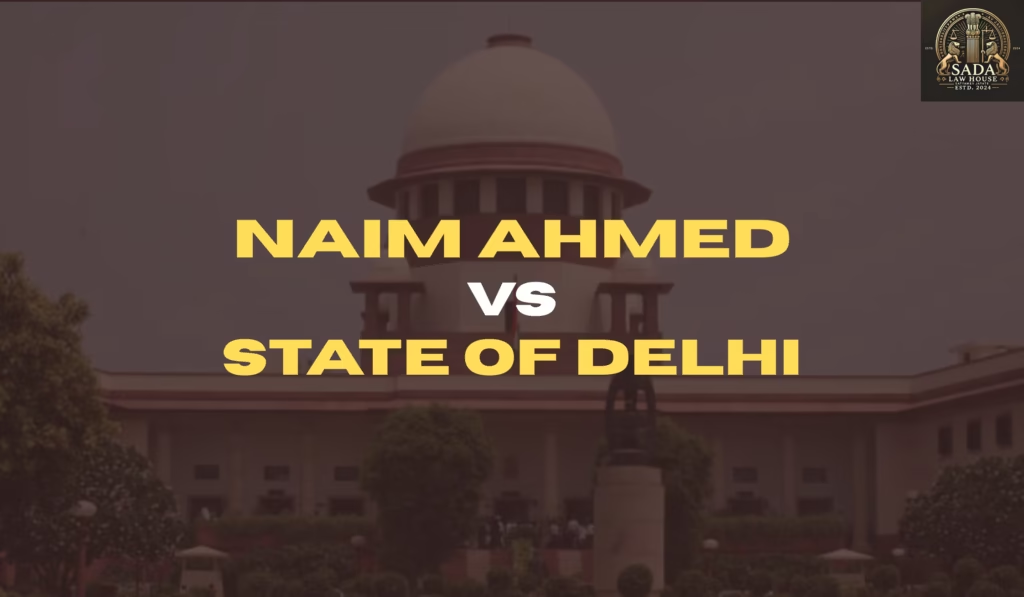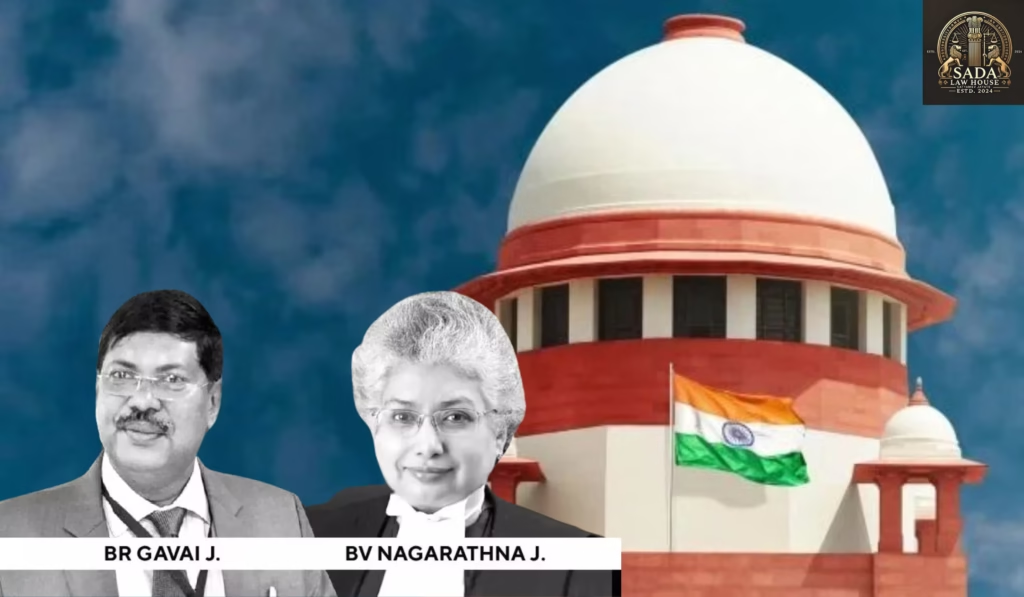Supreme Court Rules on Builder’s Liability and Mandatory Bank Deposits in K.L. Suneja v. Manjeet Kaur Monga Case (2023)
Trending Today Supreme Court Rules on Builder’s Liability and Mandatory Bank Deposits in K.L. Suneja v. Manjeet Kaur Monga Case (2023) Supreme Court Judgment on District Judge Appointment: Only 10% Posts Through Limited Departmental Competitive Examination Allowed – Rajendra Kumar Shrivas v. State of Madhya Pradesh (2023) Supreme Court Judgment on Bail Policy Strategy: Ensuring Timely Release of Undertrial Prisoners in India (January 2023) Naim Ahmed v. State of Delhi: Supreme Court Ruling on Consent and False Rape Allegations under IPC Section 376 Supreme Court Strikes Down Assam’s Rural Health Act: Only MBBS Holders Can Practice Modern Medicine US Court Convicts 6 NRIs in $15 Million Hawala Scam Tied to Dark Web and Money Laundering Supreme Court Ruling: Land Ownership Requires Valid Title, Not Just Registration K.T. Rama Rao Under Fresh Scrutiny in ₹55 Crore Formula E Probe: ACB Investigates Public-Private Deal Irregularities Legal Action in Kedarnath Helicopter Crash: Aviation Safety Under Scrutiny After Tragedy INTERNSHIP OPPORTUNITY AT JLS LAW Supreme Court Rules on Builder’s Liability and Mandatory Bank Deposits in K.L. Suneja v. Manjeet Kaur Monga Case (2023) REHA BHARGAV 18 June 2025 Discover the Supreme Court of India’s landmark ruling on builder liability, refund payments via bank instruments, and consumer rights in the K.L. Suneja v. Manjeet Kaur Monga case. Understand key legal principles about compound interest, possession delays, and mandatory deposits under Order XXI of the CPC. Introduction to K.L. Suneja v. Manjeet Kaur Monga Case The Supreme Court of India delivered a significant judgment on January 31, 2023, in the case of K.L. Suneja & Ors. v. Dr. (Mrs.) Manjeet Kaur Monga (Deceased) through legal representatives. The case addresses the legal consequences of a builder’s failure to deliver possession of a flat in the Siddharth Shila Housing Scheme, Ghaziabad, and the refund process through bank instruments. Facts of the Case: Delayed Possession and Refund Dispute Dr. Manjeet Kaur Monga booked an apartment in 1989 and paid ₹4,53,750 in installments. Despite the builder’s promise of possession within three years, the construction remained incomplete for over 15 years. Following repeated delays, the complainant issued a refund notice and returned the original pay order in 2005, demanding compensation for unfair trade practices and delay. Legal Issues Addressed The case raised critical questions, including: Is the builder liable to pay compound interest beyond the date of the refund pay order? Does the builder’s liability end once the refund amount is paid via bank instrument as per Order XXI of the CPC? Are the earlier tribunal’s orders awarding post-refund interest legally sustainable? Arguments by Both Parties Complainant’s Position The complainant argued that the builder’s liability should continue until full satisfaction, including possession and compensation. They claimed compound interest at 15% per annum beyond the refund date, stating that the pay order’s issuance did not constitute full discharge since it was not encashed. Respondent’s Defense The builder contended that refund via pay order discharged their liability under Order XXI Rule 1 of the Civil Procedure Code (CPC). They argued that no further interest was payable once the refund was made and that the complainant’s failure to encash the pay order did not prolong liability. Supreme Court Judgment Summary Justice S. Ravindra Bhat, delivering the judgment, ruled in favor of the builder, setting aside the order granting compound interest beyond the refund date. Key points from the judgment include: Liability discharges upon refund payment through a valid bank instrument, regardless of whether it is encashed. The complainant’s failure to encash the pay order means no further interest or compensation can be claimed. The earlier direction for post-refund interest was quashed. The complainant’s cross-appeal for additional relief was dismissed. Legal Significance and Conclusion This Supreme Court ruling clarifies that builders’ liability ends once refund payments are made through bank instruments, emphasizing the finality of payment under Order XXI Rule 1 CPC. It protects builders from indefinite claims of interest after refund and highlights the importance of encashing refund instruments promptly by complainants. The judgment sets an important precedent for consumer rights, property disputes, unfair trade practices, and refund procedures in real estate litigation. Key Takeaways Refunds through pay orders or similar bank instruments legally discharge the payer’s liability. Complainants must encash refund instruments timely to preserve their rights. Builders are not liable for compound interest beyond the refund date once payment is made. Order XXI of the Civil Procedure Code (CPC) governs the discharge of monetary liability in such cases. Leave a Reply Cancel Reply Logged in as Sada Law. Edit your profile. Log out? Required fields are marked * Message* Case Laws Supreme Court Rules on Builder’s Liability and Mandatory Bank Deposits in K.L. Suneja v. Manjeet Kaur Monga Case (2023) Sada Law • June 18, 2025 • Case law • No Comments Supreme Court Judgment on District Judge Appointment: Only 10% Posts Through Limited Departmental Competitive Examination Allowed – Rajendra Kumar Shrivas v. State of Madhya Pradesh (2023) Sada Law • June 18, 2025 • Case law • No Comments Supreme Court Judgment on Bail Policy Strategy: Ensuring Timely Release of Undertrial Prisoners in India (January 2023) Sada Law • June 18, 2025 • Case law • No Comments 1 2 3 … 5 Next »

